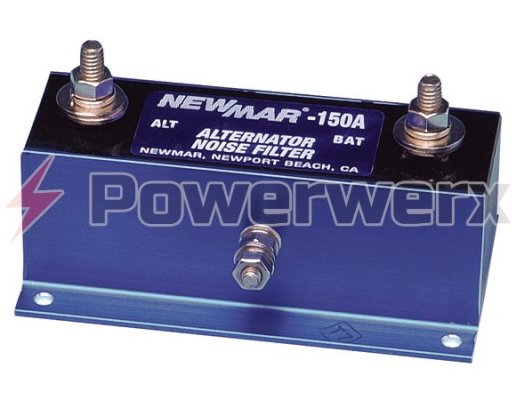olegreg
Veteran Member
My VFH radios transmit a AC hum which makes it hard to hear me. I have 2 sets with their own antennas. Even my handheld. Tracked it down the house charger/inverter. It is a Xantrex modified sine and I have been told this is my issue. I have Link 2000 R and a Pathmaker with 2 alternators on one engine. It all works very well. I would rather not replace it with a pure sine unit.
Anybody have any success with attenuation of the hum? I want to do it at the source.
Anybody have any success with attenuation of the hum? I want to do it at the source.


